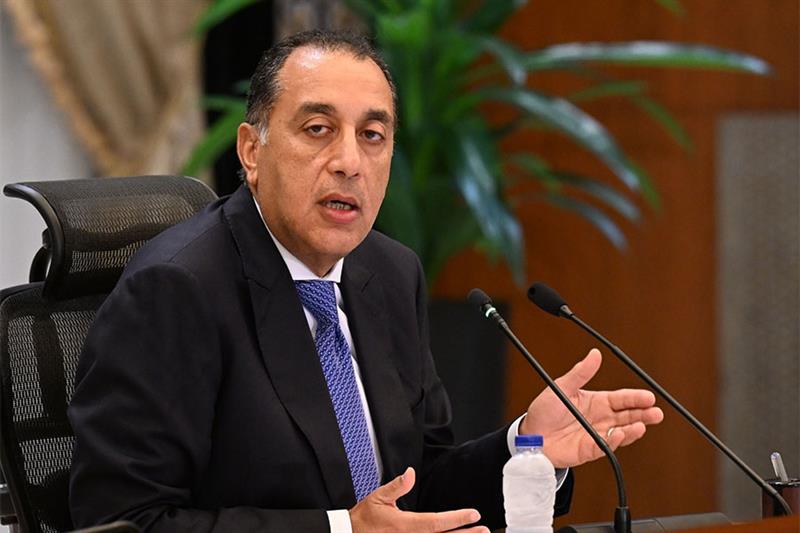Egyptian Prime Minister Mostafa Madbouly has initiated the formation of a high-level Crisis Committee to monitor and respond to the widening military conflict between Iran and Israel. The committee’s primary role is to evaluate potential fallout from the confrontation and ensure Egypt is prepared to address disruptions across critical sectors, including the economy, energy, food supply, and national security.
Cabinet Spokesperson Counselor Mohamed El-Homossany announced that the committee will be chaired by the Prime Minister himself and include several top government officials. Among them are the Governor of the Central Bank and the Ministers of Industry, Planning and Economic Development, International Cooperation, Electricity and Renewable Energy, Finance, Supply and Internal Trade, and Petroleum and Mineral Resources. In addition, the Ministries of Defense, Interior, and Foreign Affairs will be represented, alongside members of the General Intelligence Service and the Administrative Control Authority.
El-Homossany added that Prime Minister Madbouly will hold regular briefings with the committee to review developments in real time. The government is also stepping up coordination with strategic advisory bodies to conduct scenario planning and impact assessments, particularly in light of how global market volatility and regional instability could affect domestic stability.
This response comes amid a dramatic escalation in the Iran-Israel conflict, now in its fourth day. The two countries have exchanged waves of missile and drone attacks, leading to dozens of deaths and hundreds of injuries. Strikes have hit critical infrastructure, including nuclear and research facilities. Iranian authorities report that the casualties include a significant number of women and children, as well as several nuclear scientists and senior military officials.
The Egyptian government is especially concerned about the ripple effects of the conflict on fuel supplies, import and export chains, inflationary pressure, and broader security concerns in the region. The Crisis Committee is expected to deliver continuous assessments and propose immediate countermeasures should the situation deteriorate further.



